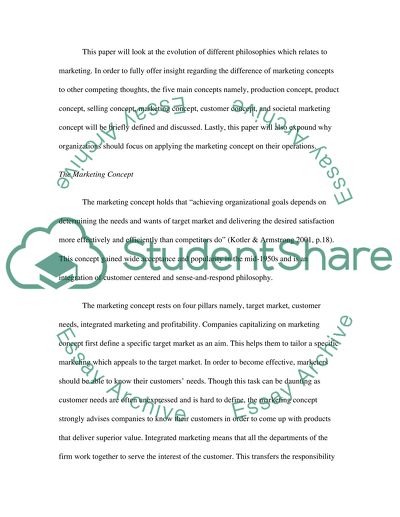Cite this document
(“Principles of Marketing Essay Example | Topics and Well Written Essays - 2000 words”, n.d.)
Retrieved from https://studentshare.org/miscellaneous/1523328-principles-of-marketing
Retrieved from https://studentshare.org/miscellaneous/1523328-principles-of-marketing
(Principles of Marketing Essay Example | Topics and Well Written Essays - 2000 Words)
https://studentshare.org/miscellaneous/1523328-principles-of-marketing.
https://studentshare.org/miscellaneous/1523328-principles-of-marketing.
“Principles of Marketing Essay Example | Topics and Well Written Essays - 2000 Words”, n.d. https://studentshare.org/miscellaneous/1523328-principles-of-marketing.


